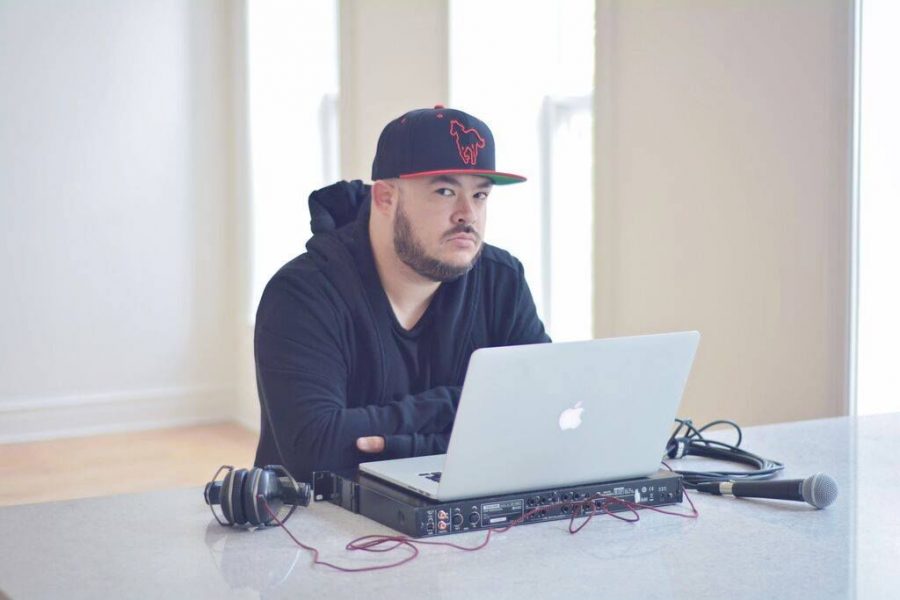Upcoming panel to educate, encourage local artists
Jaime Black, local podcaster and adjunct professor in the Business & Entrepreneurship Department, will host a panel of professional local creatives on Dec. 7.
December 5, 2016
A common conception among Chicago creatives is that they need to move to the coasts to be successful in their field. A local group of filmmakers, bloggers, podcasters and more are trying to change that by serving as examples of artists who make a living in Chicago.
Painter Hebru Brantley, hip-hop blogger Andrew Barber and filmmaker Austin Vesely will comprise an upcoming panel of local creatives who have found success.
The public panel discussion, How to Make it in Chicago’s Creative Industries, will be hosted at the Chicago Athletic Association Hotel, 12 S. Michigan Ave., Dec. 7. Admission is free.
The event’s Facebook page has 610 RSVPs, with more than 2,000 people interested in attending as of press time.
Jaime Black, who will host the discussion, also hosts Dynasty Podcasts and is an adjunct professor in the Business & Entrepreneurship Department. He has hosted panels with Chicago creatives since 2012, hosting more than 20 events this year alone.
Black, who is co-producing the event with Mikul Wing of the record label Future Factory, said this particular mix of people will be a good way to close out the year.
“I see a lot of students who [think] they have to leave Chicago when they graduate,” Black said. “[They think] they have to move to New York or Los Angeles, and those are both cities with incredible opportunities, but I love working in Chicago.”
The city’s cultural industries, including photography, film and museums, have twice the number of local workers as national average, according to a May 2014 report from the Cultural Policy Center at the University of Chicago. The report found that 44,029 people were employed in Chicago’s creative scene, per 2007 Economic Census data.
Black said he would like to see more students and aspiring creatives realize the opportunities staying in Chicago provides by introducing them to successful professionals in the Windy City.
Barber, who runs the hip-hop blog Fake Shore Drive, conceded that Chicago is not typically viewed as a viable place for success in creative industries.
“Chicago may be the third biggest city in the United States, [but] it’s not a super hub for creatives,” Barber said. “A lot of the people over years have had to [leave] to thrive, but there is a strong community of people here who have stayed and had success.”
Though the panelists are in specific fields—blogging, painting and filmmaking—the wisdom they have is transferable to other industries, Barber added.
“[While our stories] might be in different aspects of life or different careers, they do intersect,” he said. “We’ve all worked together on things in the past, so things that might seem very different are not.”
Andrea Knight, a junior fashion studies major, said she wants to attend the event because of the panelists’ work, especially Vesely’s because she wants to pursue a career in film wardrobe.
“I’m thinking I could get some insight of film and what it is like,” Knight said.
Black said anyone and everyone looking to be successful in Chicago’s creative industries could learn something of value.
“I’m hoping people leave seeing you can build a really worthwhile career here in Chicago,” Black said. “I’m hoping we can encourage that kind of idea. You can be a creative, but you can still live here.”








